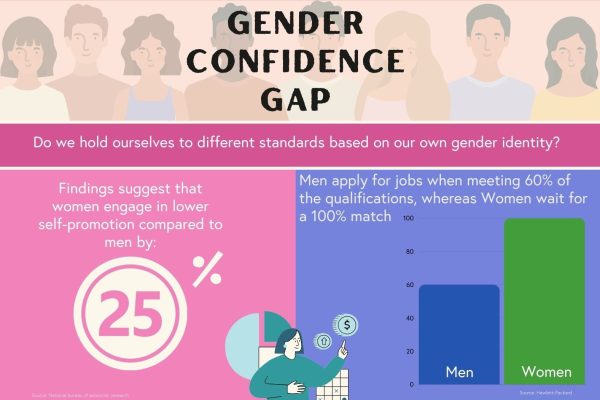The Pelorus – May 2019
3 min read
Welcome to May’s edition of The Pelorus: a selection of content and research Openside have discovered in the last month – which you may not have seen – which we hope will give you actionable insights that you can use in your own firm. We have written a summary of each article with a link to the full article if you want to read more.
13 Ways We Justify, Rationalize, or Ignore Negative Feedback – Harvard Business Review
Everyone loves positive feedback. Conversely, most of us dislike negative feedback, despite the fact that it can be extremely valuable to find out when our ‘impact‘ has veered from our ‘intention‘. It doesn’t feel good to be told you missed the mark and often people – particularly Directors or Partners – don’t immediately or intuitively agree with the validity of negative feedback. This article by Peter Bregman outlines 13 ways in which we justify, ignore and rationalise negative feedback. By becoming more aware of these habits, you will be better placed to react less defensively, to listen effectively and to take feedback constructively.
How to make every client meeting a powerful experience – Andrew Sobel
What if you could make each and every one of your client meetings a truly engaging experience? Imagine your clients saying, “Working with them is different.” Wouldn’t it help differentiate you from your competition? So asks Andrew Sobel in his recent article. Sobel outlines 7 characteristics of a great client experience and the subsequent behaviours that will bring these characteristics to life. Ultimately, he argues, adopting these identified behaviours will help you to turn your meetings from unproductive, inefficient and boring to engaging, memorable and stimulating.
Legs, Hearts & Minds: Lessons for startups from sporting comebacks – Ian Brookes
When you’ve had a major setback, finding a way to come back from it can often seem dauntingly impossible. And yet, there are many examples – both in sport and business – of people clawing their way back to win when the odds are stacked against them. In this article, written specifically for startups but with implications for every business, Ian Brookes examines how leaders can build their mindsets to overcome all manner of setbacks, dig in, and mount a stunning comeback.
As Ian says: “It’s not about ‘bouncing back’, rather it’s about the ability to integrate harsh experiences into your entrepreneurial thinking, learn and apply the lessons, and then be motivated to go again, and expecting to go one better. The real glory is being knocked to your knees and then coming back stronger, legs, hearts and minds. That’s the essence of it.” This LinkedIn article should be essential reading for any business leader.
I create presentations at Microsoft. Here’s how I avoid “Death by PowerPoint” – Fast Company
“Death by PowerPoint” is a phenomenon that consultants and professional advisors know they have to avoid and yet, the clients we speak to tell us that it remains a common affliction in professional services. “Death by PowerPoint” is a catch-all phrase used to describe poor presentations, including those with too much text, confusing graphics and/or presenters reading volumes of text aloud.
This article – written from the unique viewpoint of a member of Microsoft’s Experience Design Team – highlights five tips for getting your message across in a way that is clear, comprehensible and enjoyable. It also outlines some neat, updated PowerPoint tricks which you may not yet be aware of. Ultimately, consultants need to remember that it’s not just about how the slide looks, but the story and strategy behind it and how you will convey that message in your role as storyteller.
A recent study, highlighted by the British Psychological Society, has found that so entrenched is the association in our culture between coffee and ideas of arousal, ambition and focus that merely thinking about, or being reminded of, the drink is enough to increase the body’s arousal levels, in turn provoking a more focused, literal cognitive style. While the authors of the study recognise that more research is needed to replicate their findings, it might be time for your firm to reconsider whether or not to put that coffee shop in your reception area…
We hope you find these articles thought-provoking and that, where necessary, they have implications on the way you work within your firm. Please share this email with any of your clients or colleagues whom you think may benefit – there is a link to subscribe to ‘The Pelorus’ below.
Subscribe to ‘The Pelorus’
Sign up here to get The Openside ‘Pelorus’ email update as soon as it’s published – before anyone else – and start putting our ideas into action in your firm.



